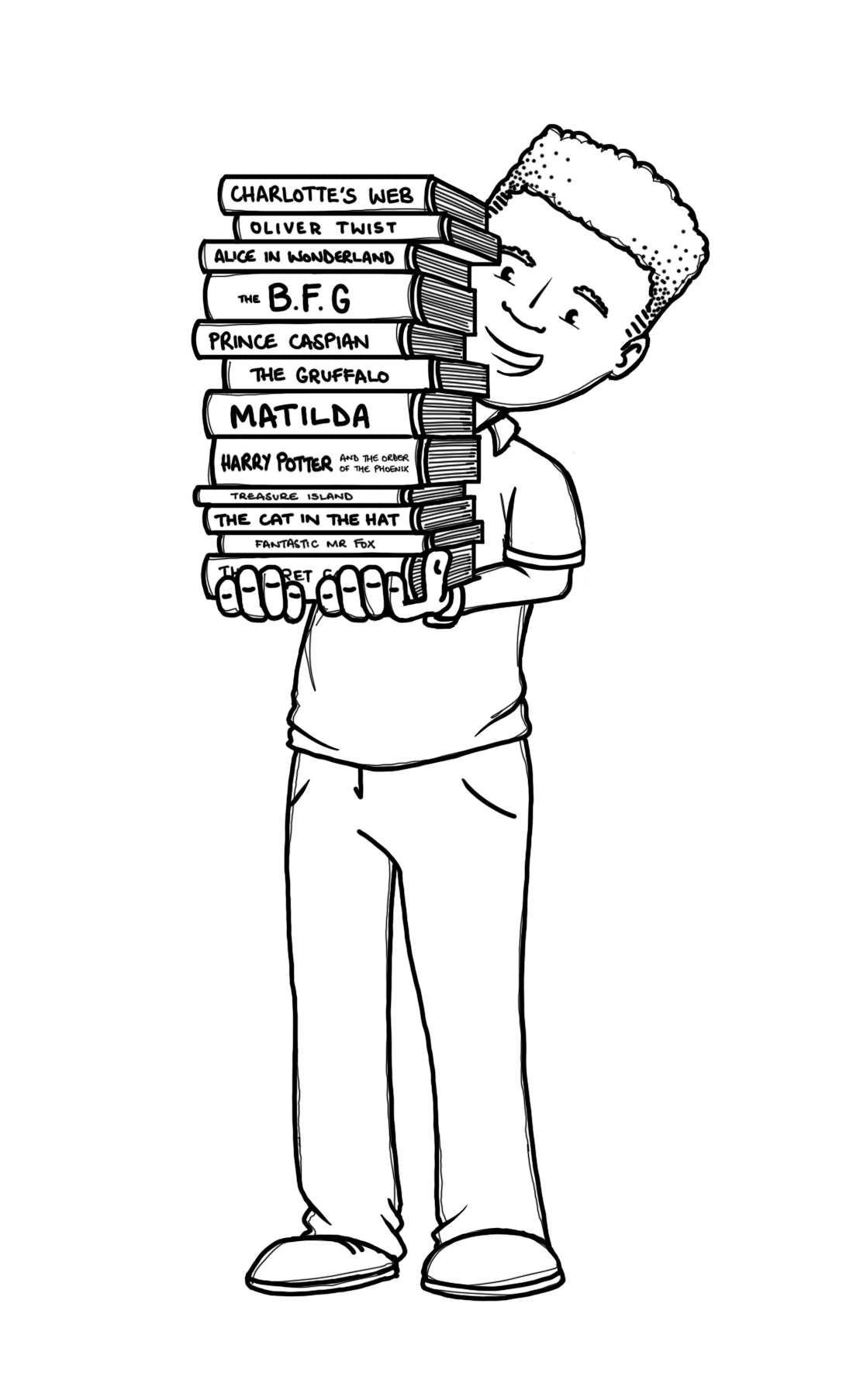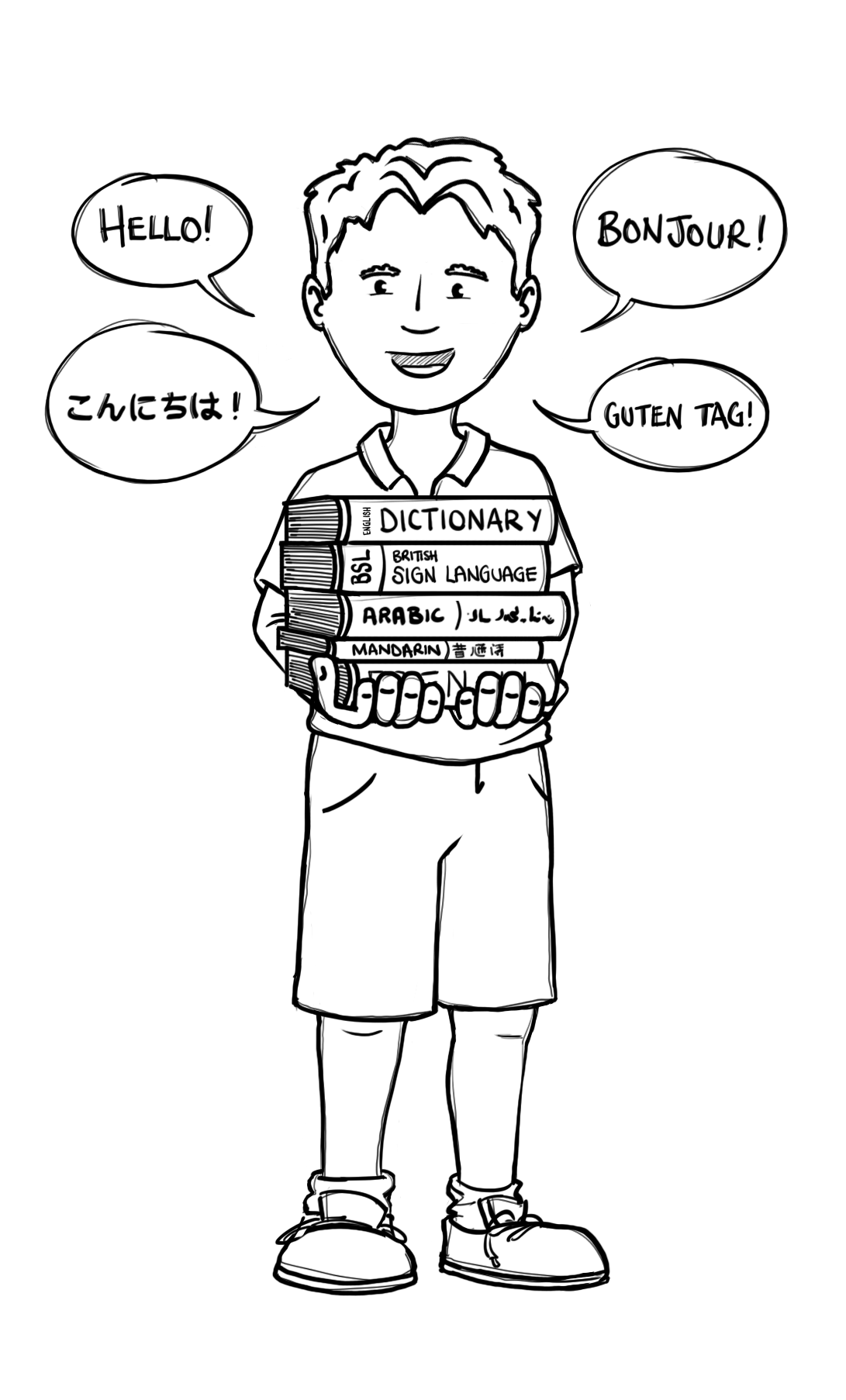English
Being an Author: Reader, Writer and Orator
At Corsham Primary School we believe that the skills of an Author: reading, writing, speaking and listening; provide the foundations for pupils' achievement throughout the whole curriculum and all other areas of learning for now and the future.
 Being a Reader at Corsham Primary
Being a Reader at Corsham Primary
A reader is someone who discovers a passion for reading with every book they pick up. This does not mean that every book must be liked. Instead, it is appreciating all the things reading can teach you, the places it can take you and the new worlds and lives it opens up.
“Reading is important. If you know how to read, then the whole world opens up to you”
Barak Obama

‘All pupils should be encouraged to read widely across both fiction and non-fiction to develop their knowledge of themselves and the world in which they live, to establish an appreciation and love of reading, and to gain knowledge across the curriculum. Reading feeds pupil’s imagination and opens up a treasure-house of wonder and joy for curious young minds.’
National Curriculum 2014
At Corsham Primary we think carefully about the books we read, both to improve our knowledge and understanding of the world and those we read just for pleasure.
We aim to provide our children with a rich and varied diet of high-quality, challenging literature in order to prepare them for their secondary school, foster a love of reading and inspire them to want to read more.
With this in mind we have developed our own school Reading Spine or ‘Ivern’s Recommended Reads’ (see below). This Reading Spine is a list of books which all children will experience as they move though our school.
Each list consists of:
- Class core texts (both whole texts and extracts) used to support reading and/or writing
- A range of text types: narrative, non-fiction (including biographies) and poetry
- Books that develop pupil’s wider knowledge (linked to our enquiry led curriculum)
- Recommended independent reads and class shared texts to promote reading for pleasure
- Books that reflect a diverse range of characters and voices or widen horizons by offering culturally rich content
- Opportunities for pupils to encounter different genres and authors to develop their own opinions and preferences
- Dyslexic and reluctant reader friendly texts to ensure everyone is a reader
Our choices have also been informed by the work of Doug Lemov, who in his book, ‘Reading Reconsidered’, points out five types of demanding texts that children should have access to in order to successfully navigate reading with confidence. These include texts with the following features:
Archaic Language:
The demands of archaic texts – those over 50 to 100 years old – are vastly different to today in terms of vocabulary, syntax and context. To prepare them for their next school, children must be exposed to and explore antiquated forms of expression.
Non-Linear Time Sequence:
In these texts, the plot and events of the narrative are not written in linear time order.
Narratively Complex:
In narratively complex texts, the narrator may be unreliable. Sometimes, they have multiple narrators or non-human narrators. These can also be non-linear and plot lines can be unrelated, making them more challenging to read.
Complexity of Plot and Symbol
These are texts which are complex in plot and often have a deeper meaning.
Resistant Texts:
Resistant texts are written to deliberately resist easy meaning-making by readers. Meaning has to be assembled around nuances, hints, uncertainties and clues. This includes half of all poetry ever written.
“All classrooms, with pupils of any age, benefit from being read to. It exposes students to texts above their ability, models fluency and helps instill a love of reading….” Doug Lemov
Our reading spine will be reviewed each year and updated accordingly to ensure it meets the needs of our pupils in this ever changing world.

Being a Writer at Corsham Primary
Authors... read a lot and use what they have read to help them write what is inside their heads.
This means other people can read what they have written to help them understand something, entertain them or make life better.


Being an Orator Corsham Primary
For millions of years, mankind lived just like the animals. Then something happened which unleashed the power of our imagination. We learned to talk and we learned to listen.
Steven Hawking

